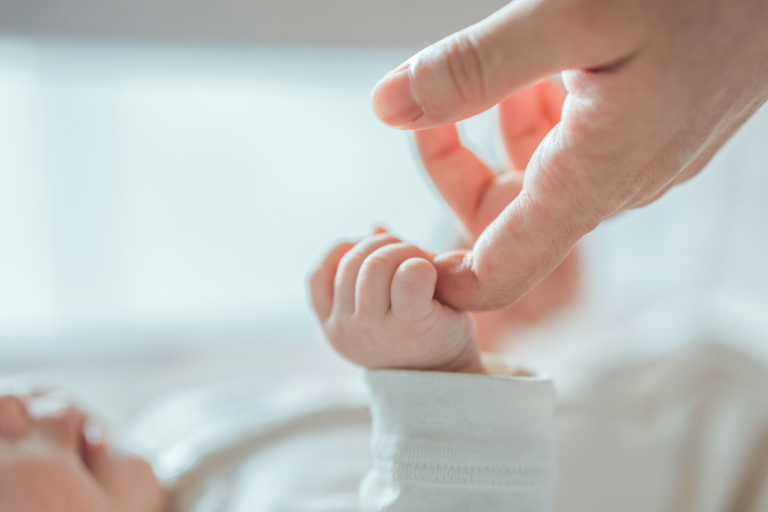Changing Priorities and Social Trends Redefine Parenthood
Across the world, families are having fewer children — and Finland is no exception. Once celebrated for its generous family policies, the Nordic nation is now experiencing one of the lowest birth rates in Europe. NPR’s Population Shift series explores how cultural, economic, and technological shifts are reshaping family decisions in an era defined by uncertainty and individual choice.
In Helsinki, Poa Pohjola and her partner Wilhelm Blomberg embody this new reality. Their baby naps on the balcony — a Finnish tradition — while the couple reflects on how long they waited to start a family. “I thought it might never happen,” said Pohjola, 38. “But when we talked about the future, we both knew we were ready.” For many like them, however, the decision to have children comes later in life, if at all.
Fewer Births Despite Generous Family Benefits
Finland’s total fertility rate has dropped below 1.3 children per woman, far from the replacement level of 2.1 needed to sustain population levels. Even with policies that provide paid parental leave, affordable childcare, and national healthcare, fewer Finns are having children.
“We cannot really say anymore that good family policies guarantee high fertility,” said Anneli Miettinen of Kela, Finland’s social insurance agency. Births have fallen across the Nordic region, but Finland’s decline has been the sharpest — down by one-third since 2010.
A visible sign of this change can be found in Finland’s iconic baby boxes, filled with infant supplies and clothing. Kela has distributed the boxes since the 1930s, but declining demand now leaves hundreds of unused boxes in storage each year. “We were still giving out last year’s boxes well into August,” said spokesperson Eeva Patomeri, “because of the low birth rate.”
Economic Uncertainty and Social Disconnection
Researchers point to a mix of financial, emotional, and societal factors behind the decline. Many young Finns are delaying marriage and parenthood to focus on careers or education. Others say finding a stable partner has become harder in a digital era dominated by online dating and social media.
“Screens take us away from physical interaction — and that’s where people fall in love,” said Anna Rotkirch of the Family Federation of Finland. “The physical part of our humanity is at stake.”
For 34-year-old television writer Milla Tuokkola, dating apps have made finding a partner more difficult. “Many men are just objectifying,” she said. “It’s not a safe space to build a relationship, much less think about children.” Others, like student Anselmi Auramo, 28, say the cost of living and economic instability make starting a family seem out of reach. “The Finnish dream feels distant,” he said. “You expect to have stability before you can have kids.”
A Global Challenge with No Simple Fix
Finland’s shrinking population mirrors a broader global phenomenon. From China and Russia to Canada and Japan, fertility rates are falling despite billions spent on incentives like childcare subsidies and tax breaks. Immigration has cushioned the demographic decline in some countries, but experts warn of an aging population and smaller workforce in the long term.
“There’s not one single reason people are having fewer children — and there won’t be a single solution,” Miettinen said. “We need new ideas to support young adults, not just traditional family policies.”
Rotkirch agrees that the next generation’s choices will shape Finland’s future. “What we can do is listen,” she said. “Support young people’s hopes for family life, even if those dreams look different from the past.”
Hope and Hesitation in a New Era of Parenthood
For Pohjola and Blomberg, life with their newborn has brought joy — and reflection. “We think about the economy, the climate, even the rise of authoritarianism,” Blomberg said. “It’s hard to predict the future, and one of the few things you can control is whether to have a child.”
Still, despite uncertainty, they’re considering another baby. “It’s a lot of work, but now that I’ve had one,” Pohjola said with a smile, “I’m inclined to have another.”


